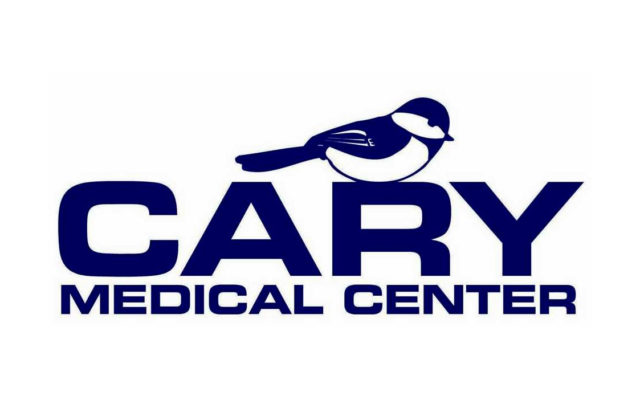CARIBOU, Maine – Heart disease is the leading cause of death for men, women, and people of most racial and ethnic groups in the United States. More than 600,000 Americans die of heart disease each year.
For National Heart Month, Cary Medical Center will be publishing a series of articles about heart disease and prevention throughout the month of February.
Knowing your numbers is an important part of keeping your heart healthy. Regularly measuring blood pressure, cholesterol, glucose, and BMI can help you and your doctor assess your risk for developing cardiovascular disease and other serious health complications. While the ideal values are good goals for most people, your healthcare provider may recommend different targets based on your age and medical history.
Blood pressure, Less than 120/80mm HG.
The first number is systolic blood pressure, which measures how much pressure your blood is exerting against your artery wells when the heart beats. The second number is diastolic blood pressure, which measures how much pressure your blood is exerting against your artery walls while the heart is relaxed. High blood pressure increases the risk of heart attack and stroke.
Cholesterol, less than 200 mg/dL.
When there is too much cholesterol in your blood, it builds up in the walls of your arteries, causing arties to become narrowed which restricts blood flow to the heart. There are a variety of factors that can affect cholesterol levels including diet, weight, exercise, gender, age, medical conditions, and medications.
Blood glucose,less than 100 mg/dL.
High blood sugar levels occur when the body develops insulin resistance and does not produce enough insulin to overcome the resistance. High blood sugar levels damage blood vessel walls and cause sugar to attach to LDL cholesterol which leads to build up. It can also make blood platelets stickier which makes them more likely to clot, which can lead to heart attack or stroke.
BMI, 18.6-24.9
Body Mass Index (BMI) helps to determine if a person’s weight falls within a healthy range for their height. Obesity is tied to higher blood pressure, higher levels of bad cholesterol, and can lead to diabetes.
Your healthcare provider can help determine a plan for lowering your numbers if they are too high. Generally they can be managed with some lifestyle changes. Aim for 30 minutes of moderate activity five days a week. Consume a heart-healthy diet filled with plenty of fruits and vegetables, lean proteins, whole grains and low-fat dairy products. For more information visit the American Heart Association www.heart.org
Cary Medical Center will be giving away a $75 Amazon gift card to one lucky reader at the end of February. Every week there will be a new press release on Heart Health along with a code word. This week’s code word is ‘Heart” To enter the drawing visit: carymedicalcenter.org and click on the banner, “Know Your Numbers.”





